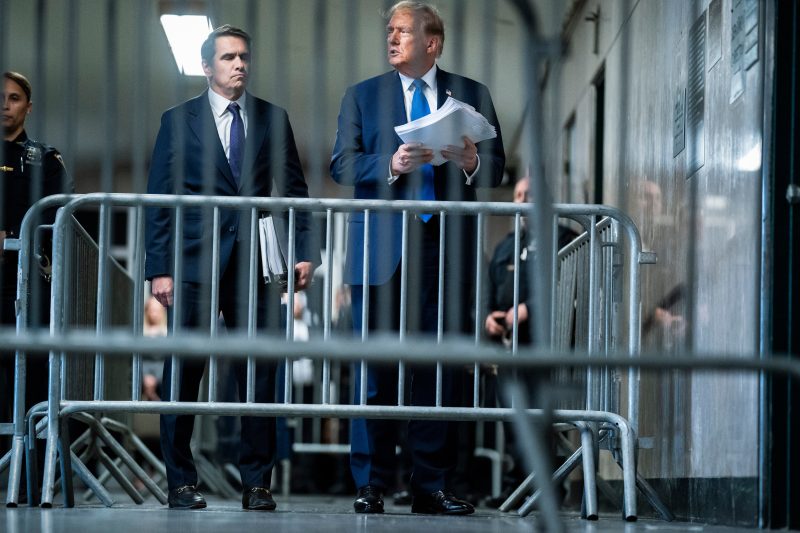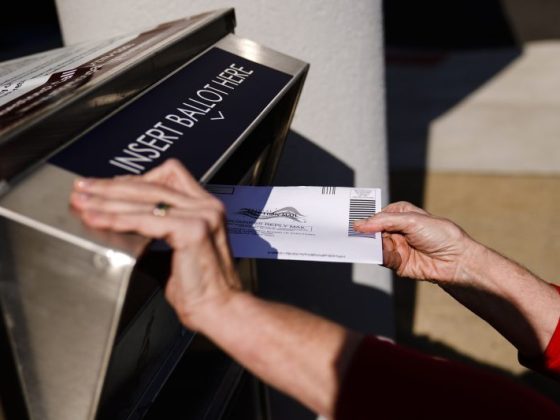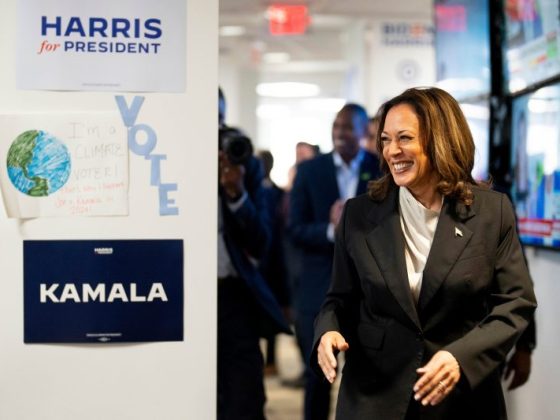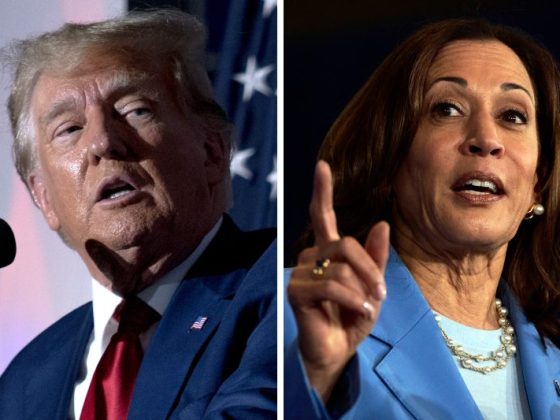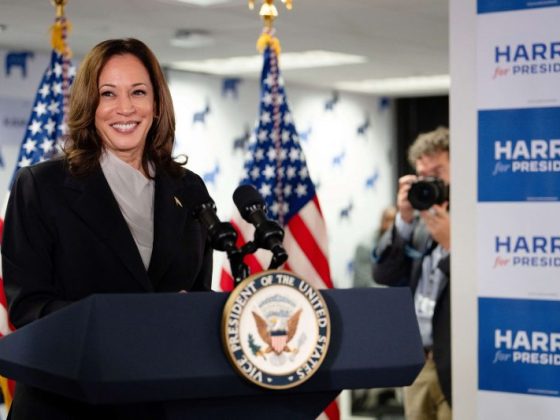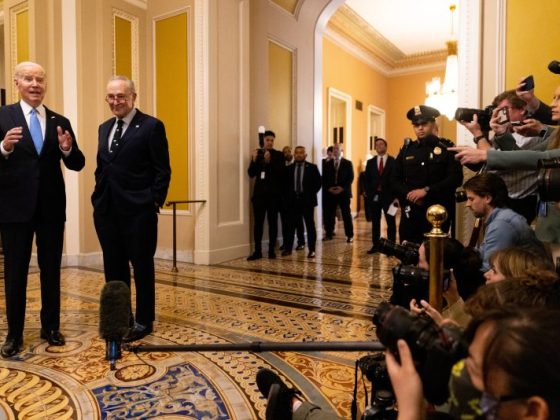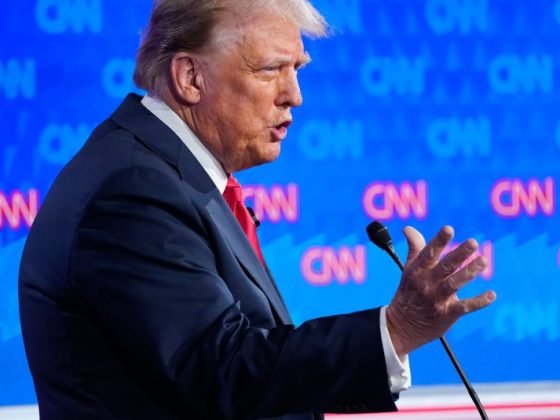For the past few years, the catchphrase ‘Lock him up,’ referring to former President Donald Trump, was chanted at various rallies, plastered across social media, and even voiced in certain sectors of the mainstream press. This slogan is a direct inversion of the Lock her up shouts aimed at 2016 Democratic presidential candidate Hillary Clinton, often linked to the scandal concerning her use of private emails while serving as Secretary of State. While the narrative of Trump being guilty of various crimes is increasingly popular in certain political circles, there seems to be a significant tilt away from advocating direct imprisonment.
To understand this shift, we must look at the reasons why many Americans believe Trump to be guilty. Primarily, the two impeachment trials that Trump faced during his presidency play a considerable role. The first, in 2019, for abuse of power and obstruction of Congress, and the second in 2021, for incitement to insurrection, significantly contributed to public perception of his guilt. Despite Trump’s acquittal in both trials, the mere act of impeachment instilled doubt in the minds of many about his innocence.
There have also been several allegations of financial irregularities related to Trump’s businesses, from violation of emolument clauses to potential tax frauds, which have only intensified the calls for “Lock him up. Furthermore, accusations about attempts to undermine the integrity of the 2020 election resonate powerfully, backed by numerous instances of Trump’s unsubstantiated claims about the election being stolen.
Despite these, the general sentiment seems to lean away from sending Trump to prison. One reason is quite pragmatic: The long, strenuous and often complex legal process involved in actually incarcerating a former President would drain resources and time. This could potentially deter lawmakers from pursuing Trump’s prosecution in favor of advancing legislation or addressing issues such as the COVID-19 pandemic or economy.
This viewpoint also considers the potential consequences for the American political system. Incarcerating a former President, regardless of their perceived guilt, would set a precedent that some fear could lead to political retaliation. The imprisonment of a former leader might be seen in some quarters as the politicization of the justice system, which could potentially harm the integrity of American democracy.
Lastly, there are those who are reluctant to push for Trump’s incarceration simply because they wish to move forward. The idea here is to seek a degree of closure and push for national healing instead of dwelling on past issues.
This is not to say that everyone is against the idea of Trump’s imprisonment. There are still numerous proponents for it, particularly among Trump’s fiercest critics. However, it does appear that even among those who believe in Trump’s guilt, the appetite for seeing him behind bars is less ravenous due to the aforementioned reasons. The slogan ‘Lock him up’ still holds power, but its meaning has arguably become more symbolic: a call for justice and accountability rather than a literal demand for incarceration.

